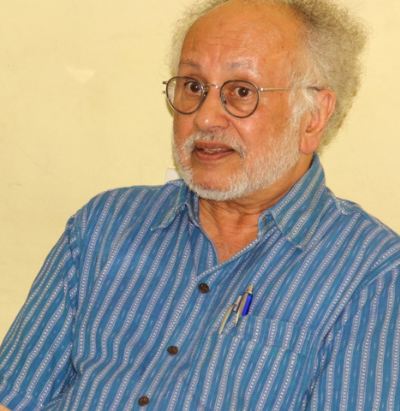Over the past century and a half, science has progressively become an integral part of all major issues of public concern. Crucially, it has become the principal arbiter of every aspect of human life, defining what is natural and what is rational. Power itself is now exercised, as never before in history, through scientific expertise and the use of science to transform material, economic, cultural, environmental and biological aspects of our lives. Science is thus both the emblem of Modernity and the yardstick for measuring economic and social development internationally. A historical study of the dynamics of science as a social institution and its stakes in global, national and local politics is thus indispensable for an understanding of the contemporary world.
In the guise of a guided tour of the transformations in the global geo-political and intellectual landscape from turn of the 20th century to the present, this course traces the concomitantly changing images of science, and the (re)writing of its history as a purely Western phenomenon. It also introduces the key concepts of the interdisciplinary field of the history, anthropology, sociology and philosophy of science as they emerged in this process. It thus provides a toolkit for thinking critically about the place of science and other knowledge practices in contemporary societies.
Owing to the interdisciplinary nature of the subject and a case-based approach, this course is ideally suited to students from both humanities and sciences.
Chronology and Themes
1) The 20th Century: Distinguishing science from non-science — emergence of the History and Philosophy of Science as disciplines.
2) 1913-1939: Whose science is the history of science the history of? From early 20th-century Humanism to Soviet Marxism, to the Scientific Revolution, and the European origins of “universal” science.
3) 1945-1970: Western Science, its history and relationship to the non-West; a strategic tool of the Superpowers in a bipolar “Cold War” world.
4) 1970s-2000: New Objects, New Approaches, New Questions in the Post-1968 World — From intellectual history to the case-study: Sociology, Anthropology, Geography, Gender and Empire enter Science Studies.
5) 2000-2020: Re-introducing the World into the history of science. New concepts and chronologies.





